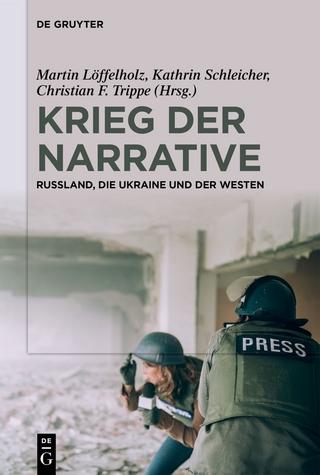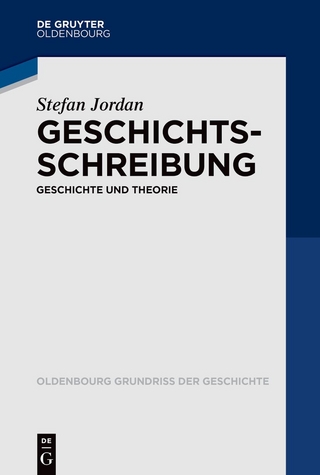
History Comes Alive
Public History and Popular Culture in the 1970s
Seiten
2017
The University of North Carolina Press (Verlag)
978-1-4696-3386-2 (ISBN)
The University of North Carolina Press (Verlag)
978-1-4696-3386-2 (ISBN)
For the majority of the twentieth century, Americans thought of the past as foundational to, but separate from, the present, and they learned and thought about history in informational terms. But Rymsza-Pawlowska argues that the popular culture of the 1970s reflected an emerging desire to engage and enact the past on a more emotional level.
During the 1976 Bicentennial celebration, millions of Americans engaged with the past in brand-new ways. They became absorbed by historical miniseries like Roots, visited museums with new exhibits that immersed them in the past, propelled works of historical fiction onto the bestseller list, and participated in living history events across the nation. While many of these activities were sparked by the Bicentennial, M. J. Rymsza-Pawlowska shows that, in fact, they were symptomatic of a fundamental shift in Americans' relationship to history during the 1960s and 1970s.
For the majority of the twentieth century, Americans thought of the past as foundational to, but separate from, the present, and they learned and thought about history in informational terms. But Rymsza-Pawlowska argues that the popular culture of the 1970s reflected an emerging desire to engage and enact the past on a more emotional level: to consider the feelings and motivations of historic individuals and, most importantly, to use this in reevaluating both the past and the present. This thought-provoking book charts the era's shifting feeling for history, and explores how it serves as a foundation for the experience and practice of history making today.
During the 1976 Bicentennial celebration, millions of Americans engaged with the past in brand-new ways. They became absorbed by historical miniseries like Roots, visited museums with new exhibits that immersed them in the past, propelled works of historical fiction onto the bestseller list, and participated in living history events across the nation. While many of these activities were sparked by the Bicentennial, M. J. Rymsza-Pawlowska shows that, in fact, they were symptomatic of a fundamental shift in Americans' relationship to history during the 1960s and 1970s.
For the majority of the twentieth century, Americans thought of the past as foundational to, but separate from, the present, and they learned and thought about history in informational terms. But Rymsza-Pawlowska argues that the popular culture of the 1970s reflected an emerging desire to engage and enact the past on a more emotional level: to consider the feelings and motivations of historic individuals and, most importantly, to use this in reevaluating both the past and the present. This thought-provoking book charts the era's shifting feeling for history, and explores how it serves as a foundation for the experience and practice of history making today.
M.J. Rymsza-Pawlowska is assistant professor of history and associate director of the graduate program in public history at American University.
| Erscheinungsdatum | 21.10.2017 |
|---|---|
| Reihe/Serie | Studies in United States Culture |
| Zusatzinfo | 15 halftones |
| Verlagsort | Chapel Hill |
| Sprache | englisch |
| Maße | 155 x 235 mm |
| Themenwelt | Geisteswissenschaften ► Geschichte ► Geschichtstheorie / Historik |
| Geisteswissenschaften ► Geschichte ► Regional- / Ländergeschichte | |
| Sozialwissenschaften | |
| ISBN-10 | 1-4696-3386-8 / 1469633868 |
| ISBN-13 | 978-1-4696-3386-2 / 9781469633862 |
| Zustand | Neuware |
| Haben Sie eine Frage zum Produkt? |
Mehr entdecken
aus dem Bereich
aus dem Bereich
Russland, die Ukraine und der Westen
Buch | Softcover (2024)
De Gruyter (Verlag)
CHF 55,90
Geschichte und Theorie
Buch | Softcover (2024)
De Gruyter Oldenbourg (Verlag)
CHF 34,90
wie Irritationen historisches Denken anregen
Buch | Softcover (2024)
Kohlhammer (Verlag)
CHF 96,55


